What Can Security Solutions of Athens Do for You?
Serving Athens and
Cedar Creek Lake.
This is a placeholder for the Yext Knolwedge Tags. This message will not appear on the live site, but only within the editor. The Yext Knowledge Tags are successfully installed and will be added to the website.
,
This is a placeholder for the Yext Knolwedge Tags. This message will not appear on the live site, but only within the editor. The Yext Knowledge Tags are successfully installed and will be added to the website.
Blog Layout
Residential Cameras Security & Residential Home Alarm Systems
April 2, 2025
Residential Cameras Security & Residential Home Alarm Systems
When it comes to your home and family, security should never be taken lightly. Whether you're at home or away, knowing that your house is safe gives you peace of mind that money can’t buy. That’s where residential cameras security and residential home alarm systems step in as your home’s protective shield.
Let’s dive into why these two systems are must-haves for modern homes, how they work together, and how to choose the right setup for your house.
Why Residential Cameras Security Matters
Residential cameras security is your home’s eyes. These cameras help you monitor every corner of your property — entrances, driveways, backyards, and even inside the house if needed. In case of any suspicious activity, you can quickly check what’s going on and act fast.
Benefits of Having Residential Security Cameras:
- Deterrence for intruders: Just the sight of a camera can make a thief think twice.
- Evidence recording: If anything happens, you’ll have solid video proof to help police or for insurance claims.
- Remote monitoring: Most systems let you view live footage on your phone or computer from anywhere.
- Monitor deliveries: Keep an eye on packages and prevent porch theft.
- Check on family and pets: Some homeowners use cameras to ensure kids got home safe from school or to monitor elderly parents or pets.
Types of Residential Security Cameras
Outdoor Cameras
These cameras are weatherproof and often come with night vision to protect the perimeter of your home day and night.
Indoor Cameras
Ideal for monitoring specific rooms or areas, especially if you have kids, house help, or elderly family members.
Doorbell Cameras
These combine a camera and a doorbell in one, allowing you to see who’s at your door and talk to them without opening the door.
PTZ (Pan, Tilt, Zoom) Cameras
These advanced cameras can move around to cover wide areas and zoom in to capture details.
Features to Look for in Residential Cameras Security
High-definition video quality (1080p or higher)
Night vision
Two-way audio
Wide-angle lens
Cloud storage or local recording
Motion detection alerts
Mobile app access
Residential Home Alarm Systems: Why You Need Them
While cameras are your home’s eyes, residential home alarm systems are its ears and voice. Alarms detect unusual activity or break-ins and immediately sound a loud siren to scare off intruders and alert you.
How Do Residential Home Alarm Systems Work?
Motion sensors, door/window sensors, and sometimes glass-break detectors are placed throughout your home.
If any sensor gets triggered, the system sounds an alarm.
You receive an alert on your phone, and if the system is monitored, professionals respond and can contact emergency services.
Must-Have Features in Residential Home Alarm Systems
Mobile control and alerts
Arm or disarm your alarm from your phone and get instant notifications.
Smart home integration
Connect with smart locks, lights, and security cameras for complete home automation.
Multiple sensor types
The more layers of security (motion sensors, door/window contacts, glass break detectors), the better.
Loud sirens
A high-decibel siren that can be heard inside and outside your home.
Backup battery
In case of power cuts, your system stays active.
Fire and CO detector integration
Modern systems don’t just protect from theft but from fire and dangerous gases too.
Benefits of Having Residential Cameras Security and Alarm Systems Together
Complete protection: Cameras show you what’s happening, while alarms alert you and authorities.
Real-time monitoring: Whether you’re at work, traveling, or sleeping, you can monitor and control everything from your phone.
Instant response: If the alarm goes off, you can quickly check the camera feed to verify what triggered it.
Increased property value: Buyers today look for homes with integrated security solutions.
Lower insurance premiums: Some insurance companies offer discounts if you have professionally installed security systems.
How to Choose the Best System for Your Home
1. Assess Your Property
Large homes might need more cameras and sensors, while smaller homes may need fewer but strategically placed devices.
2. Decide Between DIY and Professional Installation
While DIY systems are more budget-friendly and easy to set up, professional installation ensures every corner is covered, and the system is reliable.
3. Go for Systems with App Control
Being able to check cameras, arm/disarm alarms, and receive notifications on your phone is essential in today’s world.
4. Look for Scalability
Start with the essentials, but pick a system where you can add more devices later as needed.
5. Choose a Reputable Brand
Brands like Ring, Arlo, ADT, and SimpliSafe are well-known for quality products and reliable monitoring services.
Common Questions People Ask About Residential Cameras Security & Alarm Systems
Q. Are wireless cameras better than wired?
A. Wireless cameras are easier to install and move around, while wired cameras are more reliable and don’t suffer from signal issues.
Q. How much does a complete home security system cost?
A. On average, systems can start at $300-$600 for equipment, with monitoring services around $30-$50 per month. Costs vary depending on system size and features.
Q. What happens during a power outage?
A. Most alarm systems and cameras come with backup batteries that keep them running for hours after a power cut.
Q. Can I use the system if I rent a house?
A. Yes! Many systems are designed for renters — easy to install and remove without damaging property.
Why Homeowners Should Not Delay Installing Security Systems
In today’s world, break-ins, package theft, and property crimes are rising. It’s no longer safe to assume "it won’t happen to me." A combination of residential cameras security and residential home alarm systems can help protect your loved ones, property, and even your peace of mind.
You can watch over your property 24/7, know exactly what’s happening around your home, and be alerted to emergencies — all without being physically present.
Conclusion
The smartest decision any homeowner can make today is investing in residential cameras security and a reliable residential home alarm system. Together, they provide round-the-clock protection, smart control, and peace of mind — so whether you’re home, at work, or on a vacation, you always know your home is safe and secure.
Don’t wait for an incident to happen. Set up your security system now and make your home a safer place for everyone.
April 2, 2025
In today’s world, protecting your home and business is more important than ever. Whether you’re a homeowner or a business owner, having the right alarm system in place provides safety, peace of mind, and control over your property. In this article, we’ll cover the benefits of using a wired security alarm in Texas, a wired security alarm system, and why many homeowners are switching to wireless alarm systems Athens, TX. Why Choose a Wired Security Alarm in Texas? A wired security alarm in Texas is one of the most reliable security solutions. These systems are directly connected through cables, making them highly dependable and stable. They’re perfect for those who want a solid, long-term security setup without worrying about signal loss or battery life. Key Advantages of a Wired Security Alarm in Texas: Consistent Performance: No interference from other devices or Wi-Fi signals. Low Maintenance: No need to change batteries regularly. Hard to Tamper: Wires are concealed, making it difficult for intruders to disable the system. Ideal for Large Properties: Best for big homes or businesses where extensive coverage is needed. Benefits of a Wired Security Alarm System When you choose a wired security alarm system, you’re investing in security that stands the test of time. These systems are built to last and deliver continuous protection. Stable Connection: Always connected, without interruptions. Cost-Effective in the Long Run: Although installation may cost more upfront, maintenance and battery replacement expenses are minimal. Supports Multiple Devices: You can connect several sensors, cameras, and alarms on one system without signal issues. Professional Installation: Ensures perfect placement and maximum efficiency. Why Wireless Alarm Systems Athens, TX Are Gaining Popularity While wired systems offer incredible reliability, wireless alarm systems Athens, TX are becoming increasingly popular for their convenience and flexibility. These systems are great for renters, small business owners, or homeowners who may need to move or expand their security coverage in the future. Benefits of Wireless Alarm Systems Athens, TX: Easy Installation: No drilling or complex wiring required. Flexibility: Move sensors and devices easily as needed. Remote Access: Manage and control your system from your smartphone. Expandable: Add more devices anytime without hassle. No Power Outage Worries: Most wireless systems come with backup batteries. Which System Should You Choose? Choose a wired security alarm in Texas if you own your property, have a large area to secure, and want the most stable and tamper-proof system. Go for wireless alarm systems Athens , TX if you need flexibility, quick setup, and remote management without complicated installations. Conclusion Security isn’t something to leave to chance. Whether you invest in a wired security alarm in Texas, a wired security alarm system, or modern wireless alarm systems Athens, TX , what matters most is protecting your family, property, and business. Each option has its advantages, but with the right professional guidance and setup, you’ll have peace of mind knowing that your security is in place and working 24/7. So, if you’re ready to secure your property, now’s the perfect time to choose a system that matches your needs and lifestyle.
VISIT US
,
This is a placeholder for the Yext Knolwedge Tags. This message will not appear on the live site, but only within the editor. The Yext Knowledge Tags are successfully installed and will be added to the website.
This is a placeholder for the Yext Knolwedge Tags. This message will not appear on the live site, but only within the editor. The Yext Knowledge Tags are successfully installed and will be added to the website.
HOURS
This is a placeholder for the Yext Knolwedge Tags. This message will not appear on the live site, but only within the editor. The Yext Knowledge Tags are successfully installed and will be added to the website.
HOURS
This is a placeholder for the Yext Knolwedge Tags. This message will not appear on the live site, but only within the editor. The Yext Knowledge Tags are successfully installed and will be added to the website.
License Number B19316
CONTACT US
This is a placeholder for the Yext Knolwedge Tags. This message will not appear on the live site, but only within the editor. The Yext Knowledge Tags are successfully installed and will be added to the website.
Hi. Do you need any help?
Privacy Policy
| Do Not Share My Information
| Conditions of Use
| Notice and Take Down Policy
| Website Accessibility Policy
© 2025
The content on this website is owned by us and our licensors. Do not copy any content (including images) without our consent.

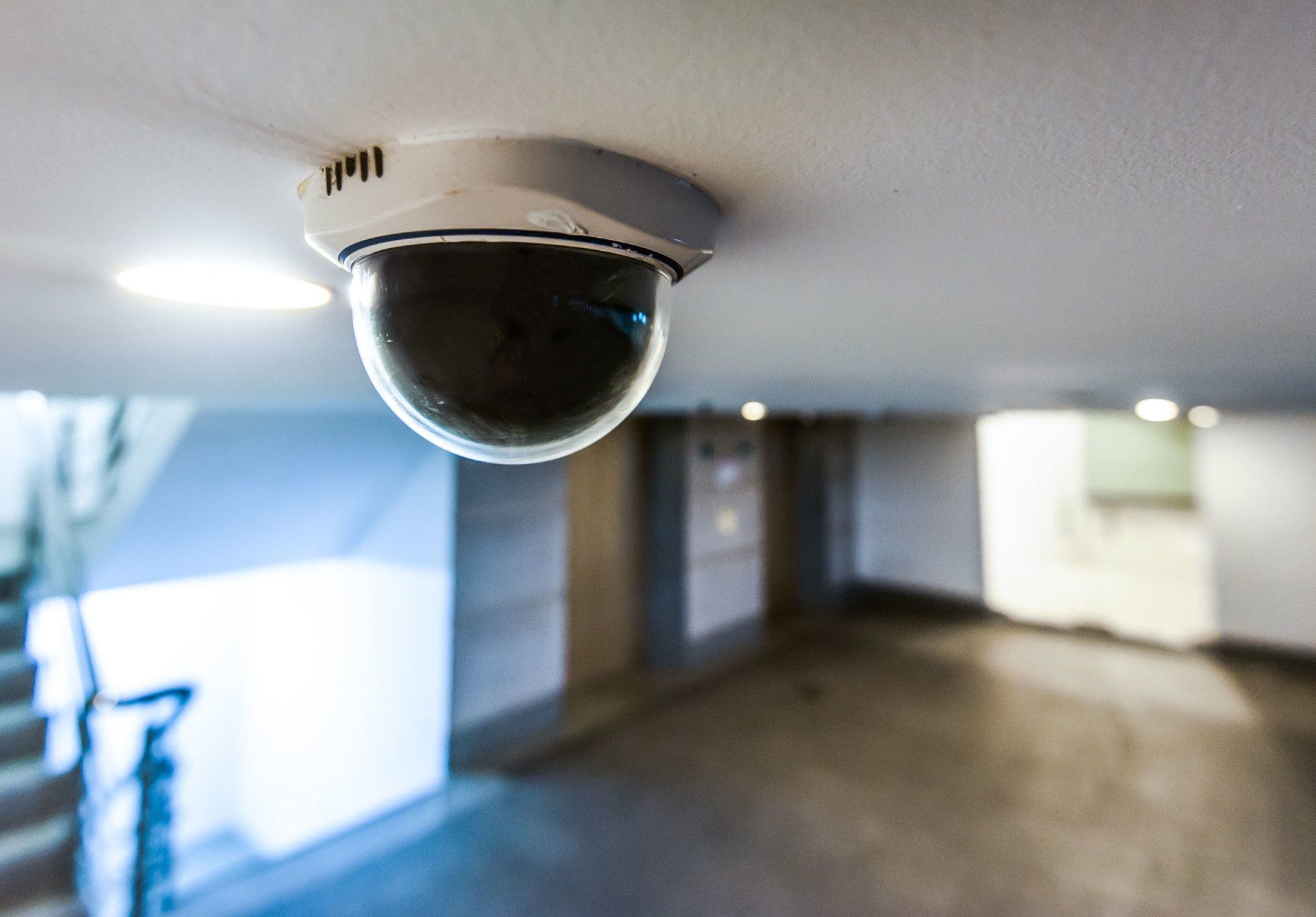
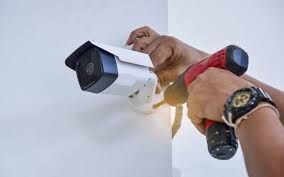
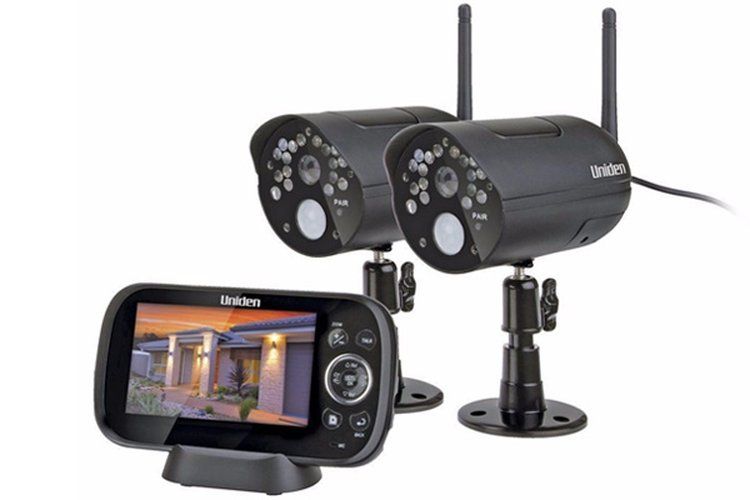
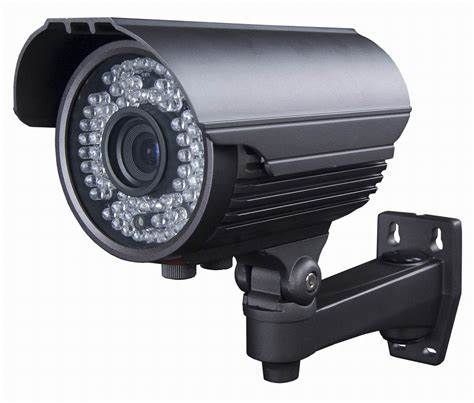
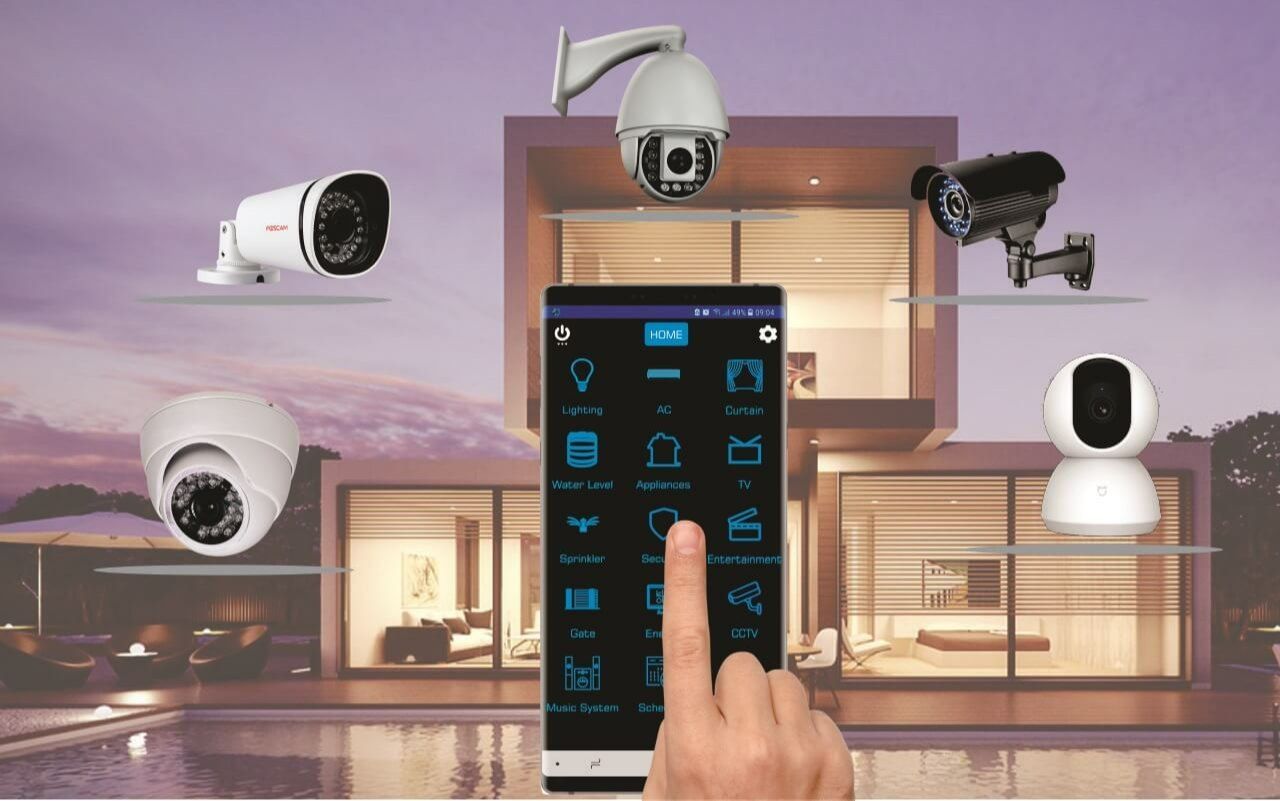
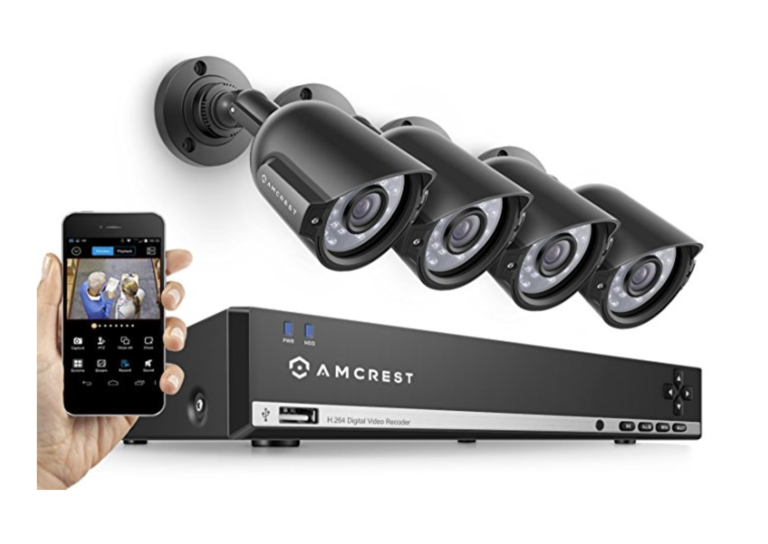
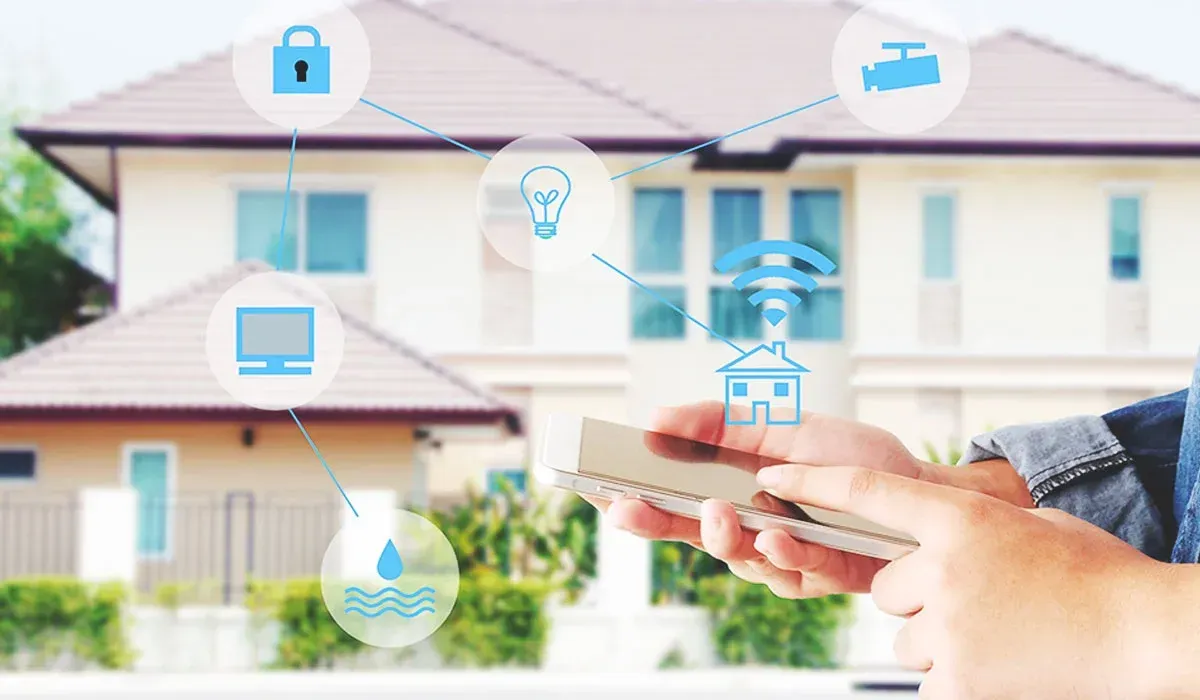
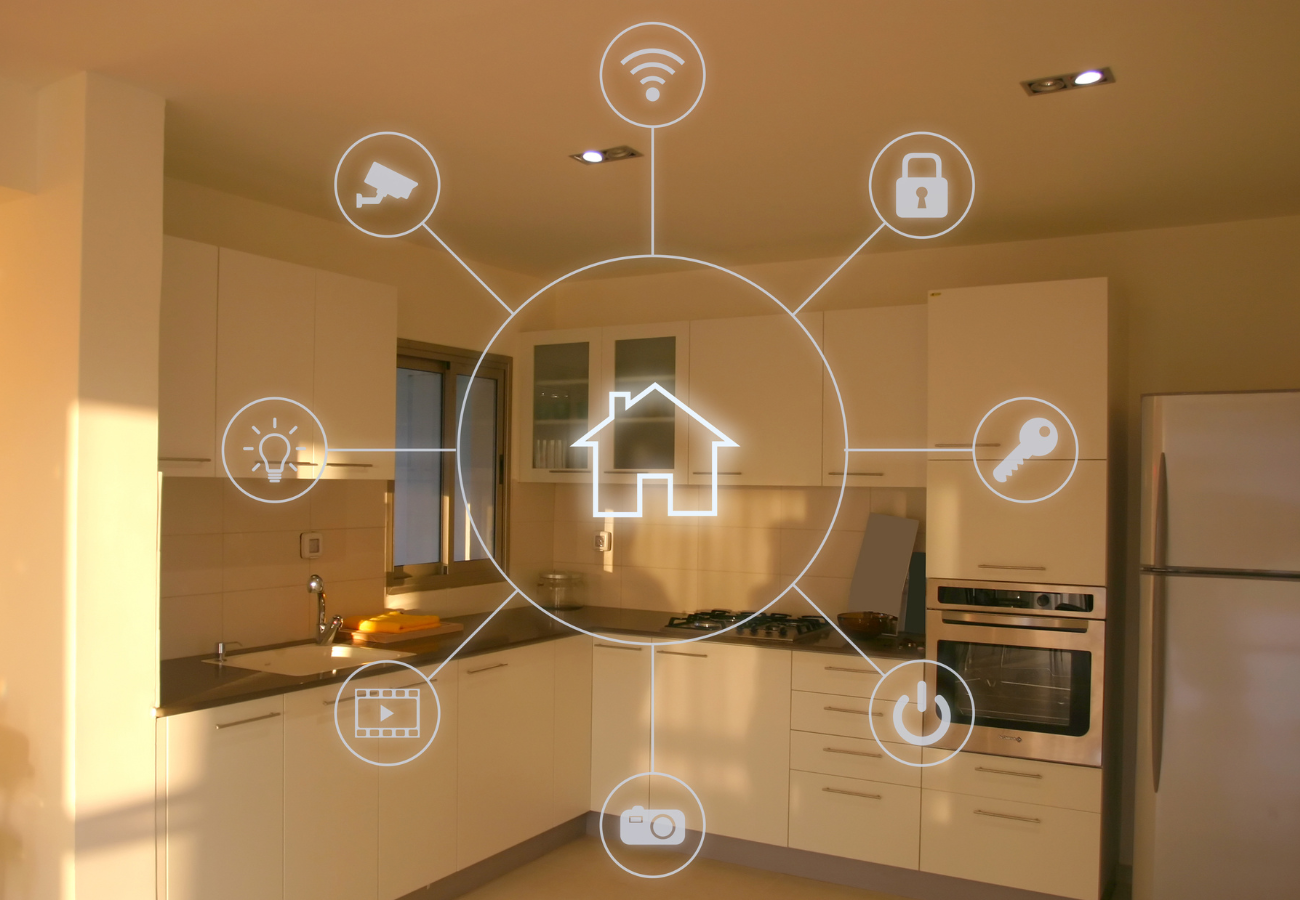
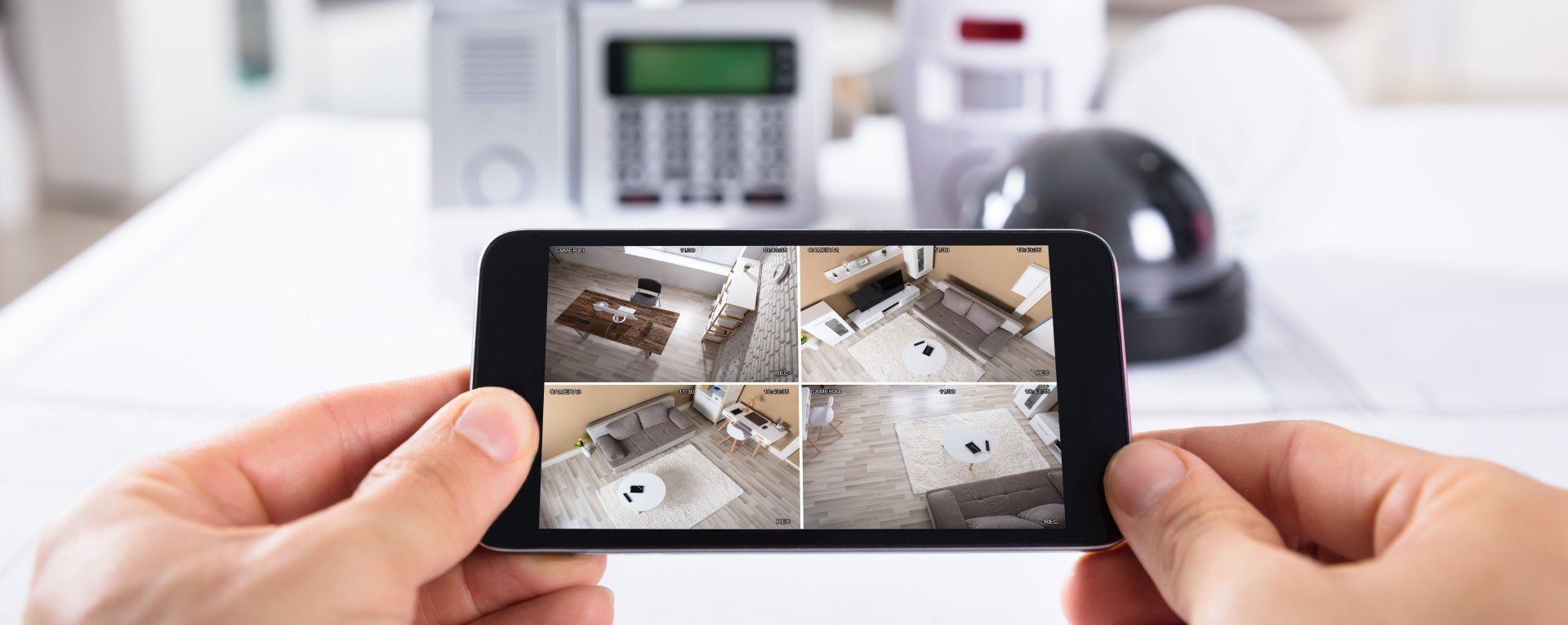
Share On: